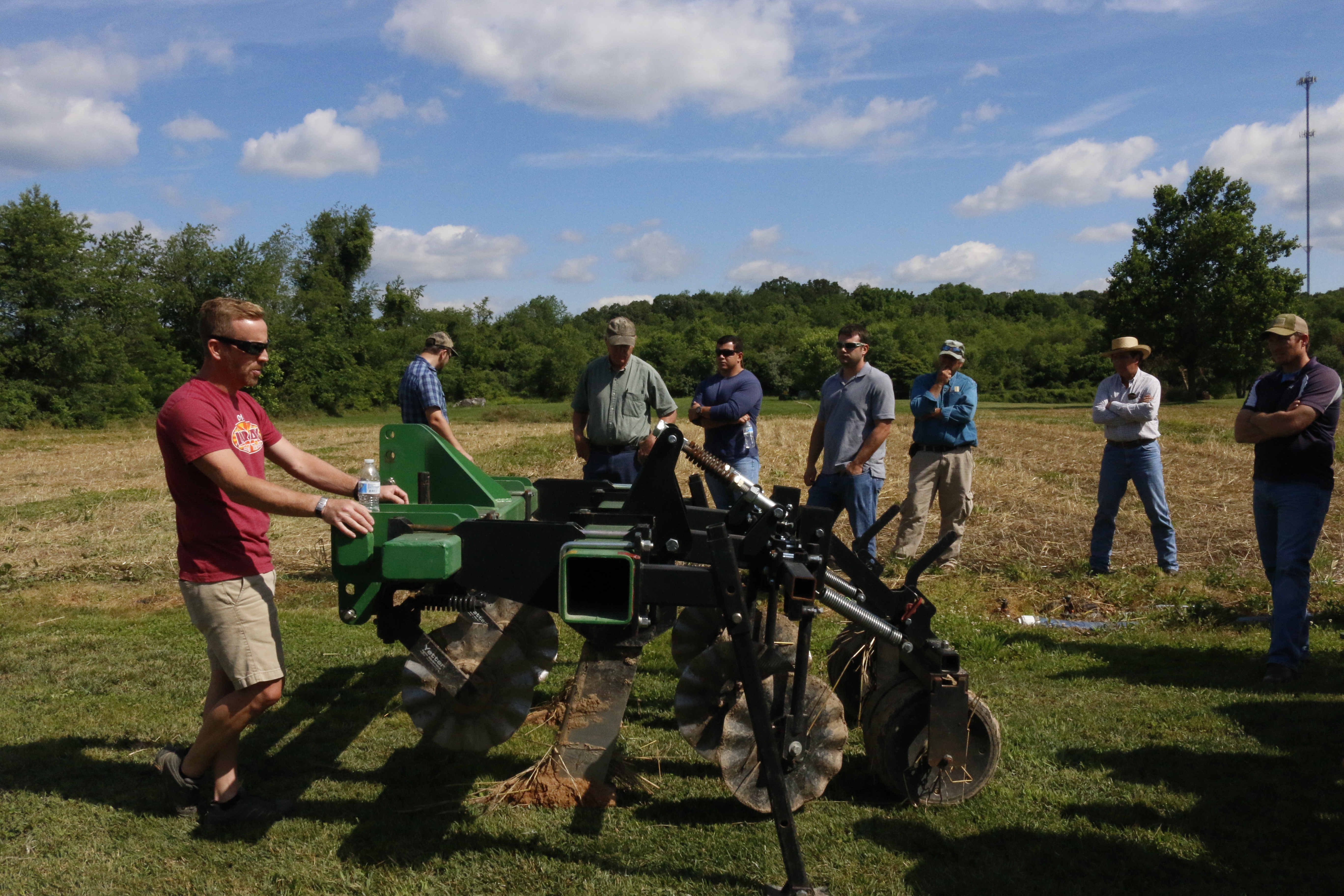An overarching goal of Virginia’s farm-to-table effort is to cultivate deeper, more meaningful relationships with farmers and the broader community so people better understand the challenges and realities of today’s farming, particularly on a community, local, and regional level. To achieve this goal, Virginia Cooperative Extension, and educational partners like USDA- Natural Resources Conservation Service, Soil and Water Conservation Districts, and Virginia Sustainable Agriculture Research and Education (SARE), work to nourish collaboration and conservation to make farming profitable, durable, sustainable, and resilient. With farming and local agriculture on a good solid footing, rural and urban communities supported and dependent on farming will be more durable, sustainable, and resilient.
An important element of this collaboration is the conservation of critical natural resources such as soil, water, air, and wildlife habitat. In a recent journal article, researchers and scientists of the Soil and Water Conservation Society shared eight broad principles and policies for soil and water conservation (Manale et al., 2018). The principles and policies were developed and shared to educate and inform the farm and conservation-related legislation being considered in the 2018 Farm Bill. The principles and policies are as follows:
- Agricultural soil, water, and associated wildlife and ecosystem resources must be sustainably managed for future generations.
- Sustainable stewardship of agricultural lands depends upon scientifically sound research and effective communication.
- Healthy soils are productive and resilient soils.
- Wetlands and floodplains are essential to long-term resource sustainability.
- Farm bills should incentivize farmers and utilities to protect drinking water.
- Conservation of agricultural lands should not conflict with wildlife conservation.
- An informed public is necessary for sustainable management of soil, water, and associated wildlife and ecosystem resources.
- Responsible conservation management demands accountability.
In sharing these eight principles and policies, the hope is to nourish deeper conversations around ecologically sound soil and water conservation and cultivate ongoing collaboration to benefit Virginia agriculture and communities.
For the full article and additional information, please visit the Journal of Soil and Water Conservation and link here.
References:

